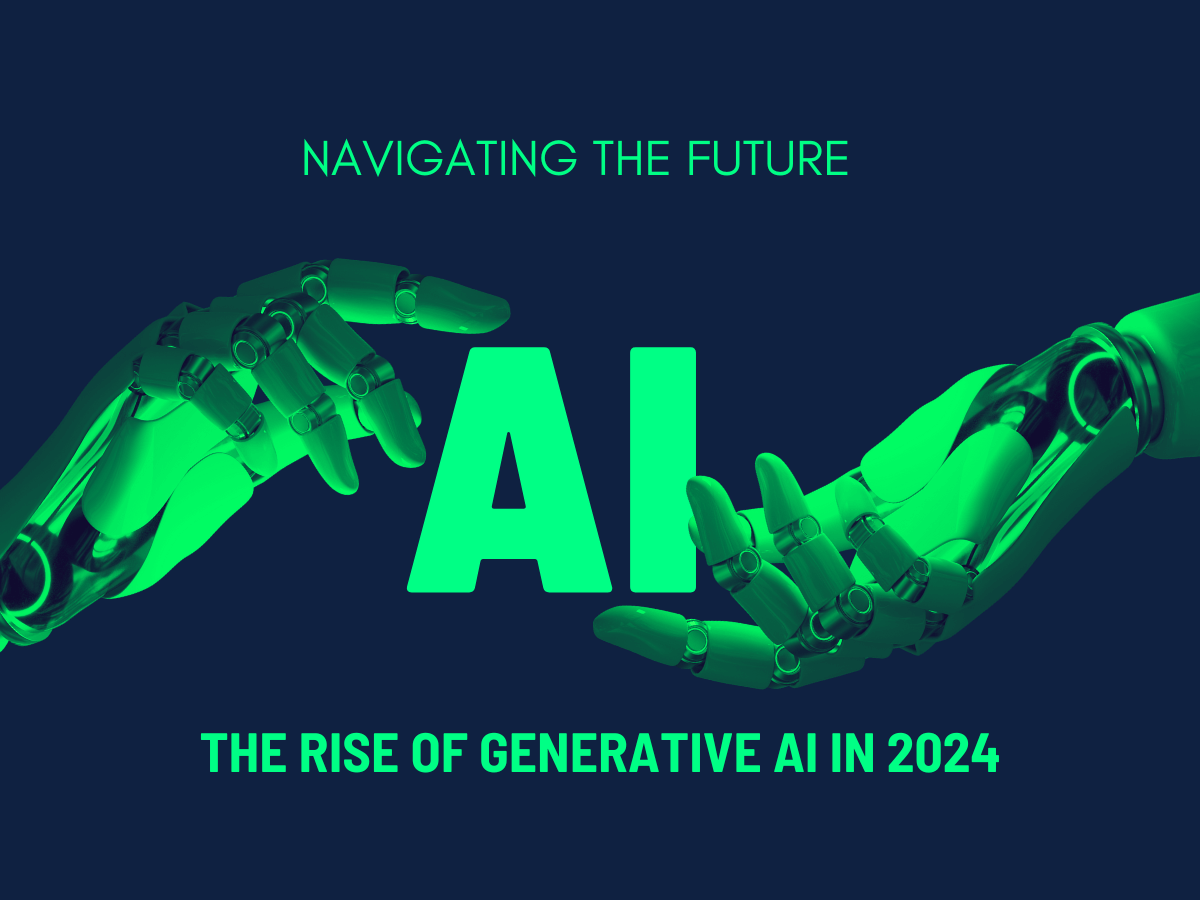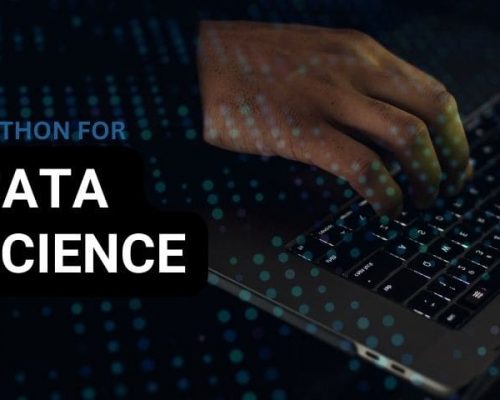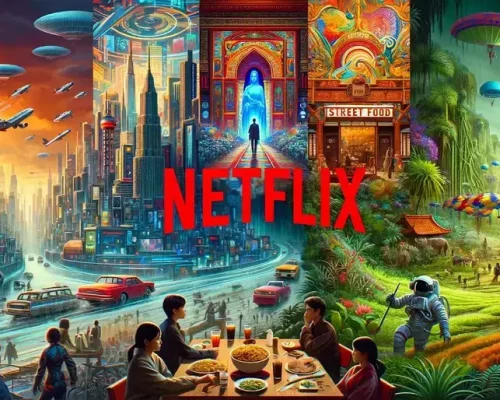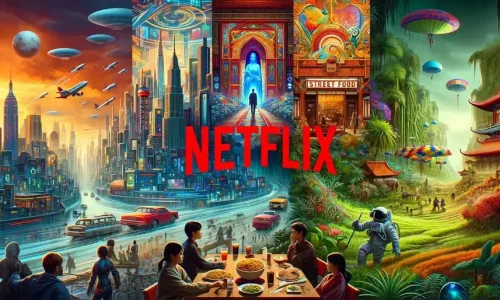Introduction
The advent of 2024 has been synonymous with the meteoric rise of generative artificial intelligence (AI), a technological marvel that has seamlessly integrated into the fabric of daily life and industry. The future of AI, unlike its predecessors, today’s generative AI transcends conventional data analysis, venturing into the realm of creating novel content—from visual arts and literature to complex simulations and beyond. This transformative technology has not only expanded the boundaries of human creativity but also offered unprecedented solutions to longstanding challenges across various sectors.
The Evolution of Generative AI – Future of AI
The lineage of generative AI is marked by groundbreaking innovations. For instance, the early 2020s witnessed the emergence of GPT-3 by OpenAI, a language model that astounded the world with its ability to produce human-like text. Fast forward to 2024, and we see its successors, which have refined and expanded these capabilities to include multi-modal functions—generating not just text but also images and sounds that are indistinguishable from those created by humans.
A pivotal breakthrough came with the development of advanced Generative Adversarial Networks (GANs), which now power platforms capable of producing artwork that rivals the creations of seasoned artists. An example of this is the “Digital Da Vinci” software, used by graphic designers to generate original logos and visuals that resonate with the aesthetics and ethos of their clients’ brands.
Generative AI in Creative Industries – Future of AI
In the realm of cinema, generative AI has revolutionized storytelling and visual effects. The 2024 blockbuster, “Elysium Dreams,” utilized AI-driven technology to create lifelike characters and dynamic, immersive worlds that captivated audiences worldwide. This film not only set a new standard for cinematic experiences but also showcased the collaborative potential between human creativity and AI.
Music production has been similarly transformed. “Harmony AI,” a tool launched in early 2024, assists musicians and composers in creating complex compositions, offering an expansive library of sounds and styles. This tool has democratized music production, enabling emerging artists to produce studio-quality work from their bedrooms.
Generative AI’s Role in Business and Society – Future of AI
Beyond entertainment, generative AI has made significant inroads into the business sector. Marketing has been particularly revolutionized, with companies leveraging AI to generate personalized advertising content that resonates with individual consumers, significantly enhancing engagement rates. An example of this is the “AdGen 2024” platform, which crafts tailored marketing campaigns that speak directly to the unique preferences and interests of its audience.
In education, AI-driven platforms have personalized learning experiences, adapting in real-time to the needs of students. “LearnAI” has emerged as a leader in this space, offering customized tutorials and exercises that cater to the learning pace and style of each student, thereby improving outcomes and engagement.
Ethical Considerations and Challenges
However, the ascent of generative AI is not without its ethical dilemmas. The creation of deepfakes—hyper-realistic video and audio recordings—has raised concerns about misinformation and the erosion of trust in media. The case of the “2024 Presidential Election Deepfake Scandal” underscored the need for robust detection and regulation mechanisms to combat the misuse of AI technologies.
Copyright infringement has also surfaced as a contentious issue, with AI-generated artworks and music challenging traditional notions of authorship and originality. The landmark lawsuit, “Artists vs. ArtGen Inc.,” sought to establish legal precedents for copyright in the age of AI, prompting a reevaluation of intellectual property laws.
The Future of Generative AI
Looking ahead, the trajectory of generative AI is poised to redefine our interaction with technology. The development of AI-driven simulation environments, for example, promises to revolutionize fields such as urban planning and climate change research, enabling us to model complex scenarios and devise more effective solutions.
Yet, as we stand on the brink of these advancements, the imperative to navigate the ethical and societal implications of generative AI becomes ever more critical. Balancing innovation with responsibility will be key to harnessing the full potential of this technology for the betterment of society.
Revolutionizing Healthcare
Generative AI is revolutionizing healthcare by personalizing patient care and accelerating medical research. AI-driven models can now predict patient outcomes, tailor treatment plans, and even assist in complex surgeries by providing real-time data analysis. An example of this innovation is “HealthAI,” a platform that generates personalized drug treatments by analyzing patients’ genetic data. This bespoke approach has significantly improved treatment efficacy and patient recovery times.
Moreover, generative AI is at the forefront of combating global health crises. In the fight against the resurgence of diseases, AI models are being used to simulate the spread of infections, enabling policymakers to implement targeted interventions. The rapid development of vaccines is another area where AI has made a substantial impact, with algorithms identifying potential candidates in a fraction of the time it would take human researchers.
Transforming Education
The education sector is witnessing a transformative shift with the integration of generative AI. Beyond personalized learning, AI is creating immersive educational experiences that make learning more engaging and effective. Virtual Reality (VR) environments, powered by AI, transport students to historical battles, distant planets, or the human bloodstream, providing a depth of understanding that traditional methods cannot match.
“EdAI Tutors,” a virtual tutoring system, uses generative AI to create dynamic problem sets and explanations that adapt to students’ learning progress, mimicking the benefits of one-on-one tutoring. This system has been particularly effective in closing achievement gaps in underserved communities, offering high-quality educational resources that were previously inaccessible.
Ethical and Societal Reflections
As we marvel at the capabilities of generative AI, it’s imperative to reflect on the ethical considerations that accompany its advancement. The democratization of content creation, while beneficial, also raises questions about the dilution of human effort and creativity. The line between human and machine-generated content is blurring, leading to debates on the value of “authenticity” in the digital age.
The potential for generative AI to reinforce biases presents another significant challenge. AI models learn from existing data, which can perpetuate historical inequalities and stereotypes if not carefully managed. Initiatives like “BiasCheck AI,” which analyzes and corrects biases in AI algorithms, are crucial steps toward ensuring that generative AI technologies are equitable and inclusive.
Looking Towards a Sustainable Future
Generative AI also holds promise for addressing environmental challenges. AI-driven models are being used to optimize energy consumption in cities, reduce waste through efficient resource management, and develop new materials that are less harmful to the environment. For example, “EcoAI” is a platform that generates sustainable urban planning designs, balancing human needs with environmental preservation.
The integration of generative AI in renewable energy sectors, such as wind and solar, is optimizing energy production and distribution, making sustainable sources more reliable and efficient. This synergy between AI and sustainability efforts exemplifies the technology’s potential to contribute to a healthier planet.
Conclusion
As we navigate through 2024, the impact of generative AI is unmistakable, touching every facet of human endeavor. Its rise heralds a new era of innovation and creativity, offering a glimpse into a future where technology and human ingenuity converge to unlock new possibilities. Yet, it also compels us to confront the ethical and societal challenges that accompany such profound change. By fostering a dialogue that includes technologists, policymakers, and the public, we can ensure that generative AI serves as a force for good, enriching our lives and expanding the horizons of human potential.








